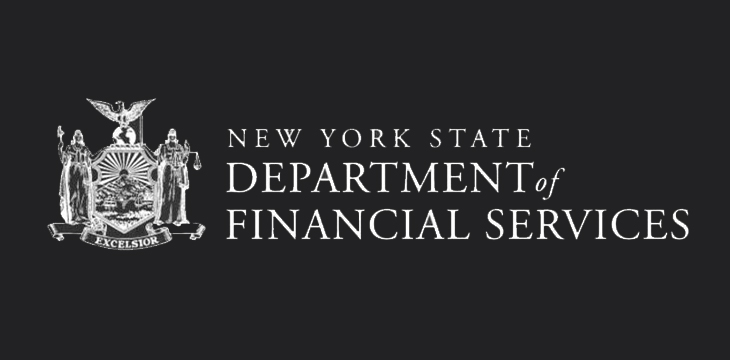|
Getting your Trinity Audio player ready...
|
The New York Department of Financial Services (NYDFS) is warning enterprises within the state of an ongoing “widespread cybercrime campaign.”
The coronavirus pandemic has made cybercrime attack vectors much larger than they usually are. Once the pandemic began, people around the world that were typically going into offices and conducting business in person were practically forced to transition to completing those same tasks virtually. Even those whose work lives were not affected had their home lives affected, with a majority of local businesses shutting their doors for a period of time, many people resorted to spending their leisure time in front of screens.
That being said, the world’s population is spending significantly more time on the internet than they were pre-pandemic. As a result, cybercriminals have more opportunities than they usually do to exploit unsuspecting people via the internet and to take advantage of the economic conditions created by Coronavirus.
“This activity appears to be part of an overall increase in efforts to steal [non-public information], driven in part by increased fraud activity during the pandemic,” said an alert sent by the NYDFS “Since the COVID-19 pandemic started, the U.S. has seen an unprecedented surge in benefits fraud.”
According to the NYDFS, Cybercriminals are targeting websites that give them access to New York resident’s personal data, such as auto-quote websites where users enter their drivers’ license numbers. Once the attacker breaches the system or poaches the consumer’s data, they use the information they gather to apply for coronavirus relief aid. The NYDFS is urging businesses in New York to secure customer’s non-public information and to report any potential data breaches.
But it’s not just New York
Shortly after the Coronavirus pandemic began, research from the Financial Crimes Enforcement Network (FinCEN) found that there was a strong correlation between COVID-19 and cybercrime. As a result, FinCen began releasing educational materials that will help consumers avoid digital currency-related scams.
Everyone should always be on the lookout for suspicious activity happening in and around their accounts and services that they use. Because unfortunately, we live in an era where cybercrime is on the rise.

 02-21-2026
02-21-2026 




